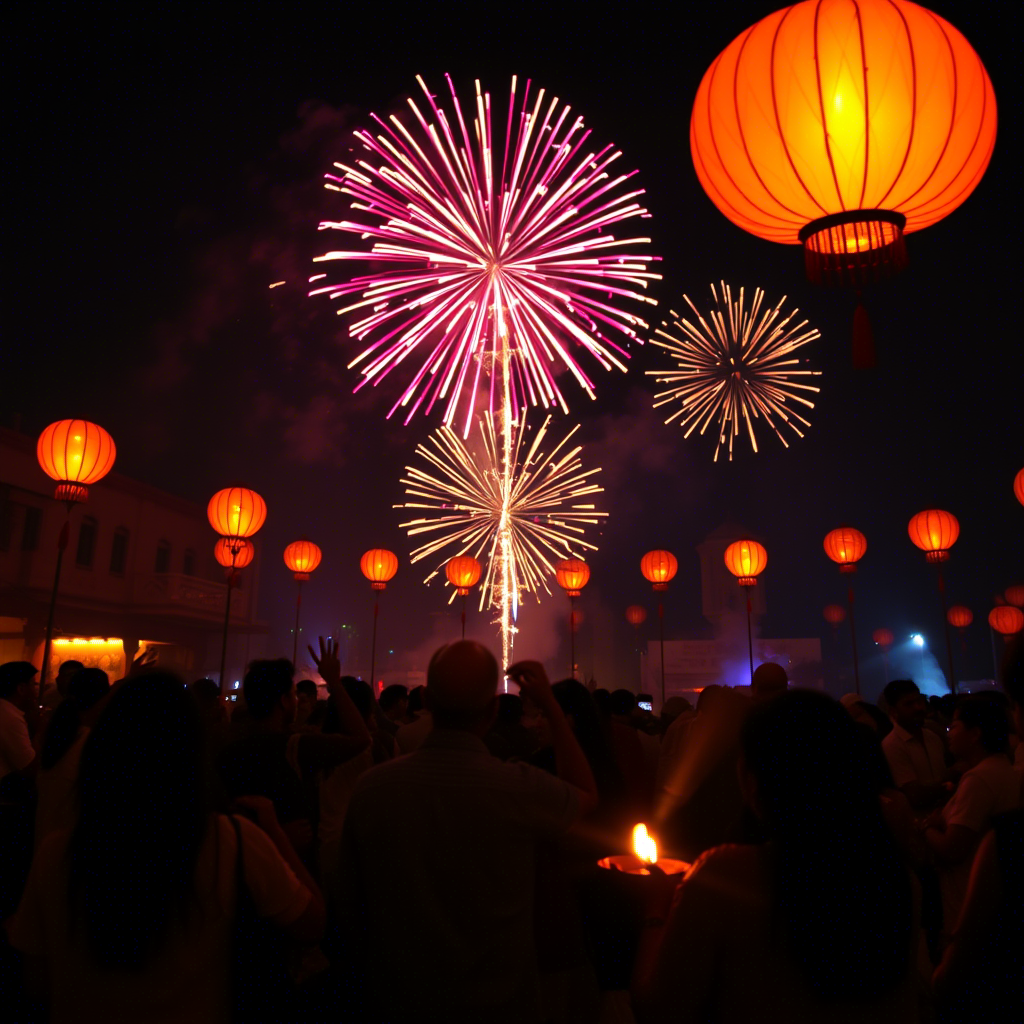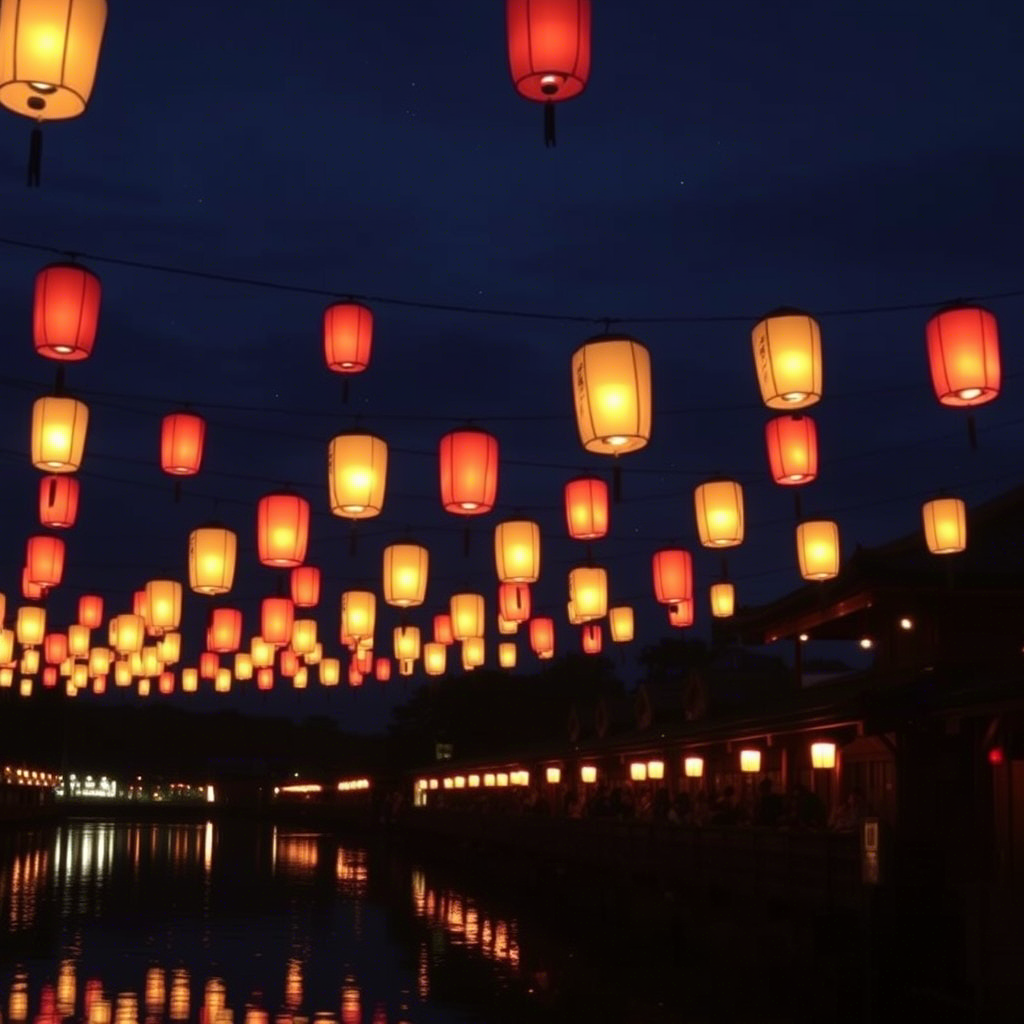Festival English: Understanding the Language of Celebrations
Festivals are an integral part of cultures around the world, each with its unique traditions, customs, and languages. The language used during festivals, known as Festival English, plays a crucial role in enhancing the celebratory atmosphere and fostering a sense of community among participants. In this article, we will explore the significance of Festival English, its characteristics, and how it varies across different festivals and cultures.
The Significance of Festival English
Festival English is more than just a collection of words and phrases; it’s a way to connect with others, express joy, and create lasting memories. The use of specific language during festivals can evoke emotions, convey cultural values, and add to the overall festive ambiance. For instance, during Diwali, the Hindu festival of lights, people often use phrases like “Shubh Deepavali” (Happy Diwali) to greet each other. 
- Festival English helps to create a sense of belonging among participants.
- It is often used to convey cultural values and traditions.
- The language used during festivals can evoke strong emotions and create lasting memories.
Characteristics of Festival English
Festival English is characterized by its use of vivid imagery, metaphors, and rhythmic language. It often involves the use of traditional phrases, idioms, and expressions that are specific to a particular festival or culture. For example, during the Japanese Tanabata festival, people write wishes on tanzaku papers and hang them on bamboo trees, using phrases like “Tanabata no hi ni” (On the day of Tanabata) to express their hopes and dreams. 
- Festival English often employs vivid imagery and metaphors to describe the festive atmosphere.
- Traditional phrases and idioms are used to convey cultural values and traditions.
- The language used during festivals is often rhythmic and musical.
Variations in Festival English
Festival English varies significantly across different cultures and festivals. For instance, during the Holi festival in India, people use phrases like “Holi hai!” (It’s Holi!) to greet each other and celebrate the arrival of spring. 
- Different festivals have their unique language and expressions.
- Festival English is shaped by the cultural and social context of the celebration.
- The language used during festivals can be influenced by local customs and traditions.
Practical Applications of Festival English
Understanding Festival English can be useful in various contexts, such as event planning, cultural exchange programs, and marketing campaigns. For example, a company planning to host a Diwali-themed event could use Festival English to create a more immersive and culturally sensitive experience for their guests. You can find more about cultural event planning on https://lezonkids.com/boys-coat/, which offers insights into creating engaging and culturally relevant events.
- Festival English can be used to create a more immersive experience for event participants.
- Understanding Festival English can help in developing culturally sensitive marketing campaigns.
- Knowledge of Festival English can facilitate cultural exchange and understanding.
Challenges and Opportunities
While Festival English can be a powerful tool for creating a festive atmosphere, it also presents some challenges. For instance, the use of language that is specific to a particular culture or festival can be alienating for those who are not familiar with it. However, this also presents an opportunity to learn about and appreciate different cultures. For more information on cultural exchange programs, you can visit https://lezonkids.com/.
- Festival English can be a barrier for those who are not familiar with the language or culture.
- It presents an opportunity to learn about and appreciate different cultures.
- The use of Festival English can be adapted to be more inclusive and accessible.
Conclusion
Festival English is a unique and important aspect of cultural celebrations around the world. By understanding its significance, characteristics, and variations, we can appreciate the diversity and richness of cultural expressions. Whether you’re planning an event, developing a marketing campaign, or simply looking to learn more about different cultures, Festival English is a valuable tool to have in your toolkit. By embracing Festival English, we can create more immersive, culturally sensitive, and enjoyable experiences for everyone involved.

Comments